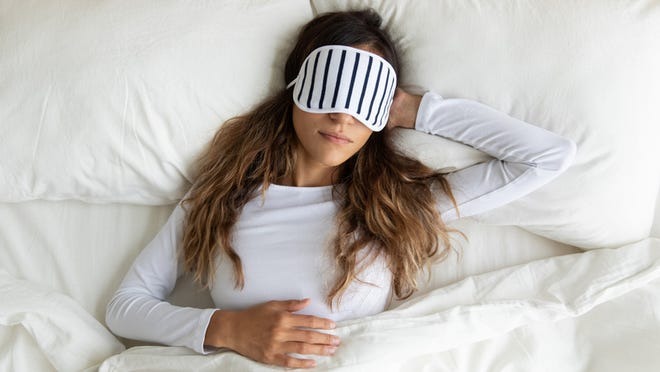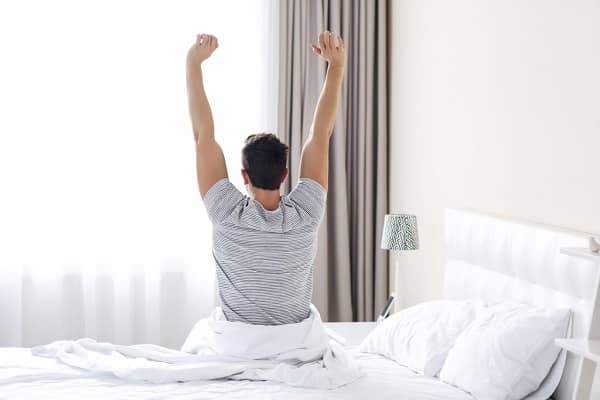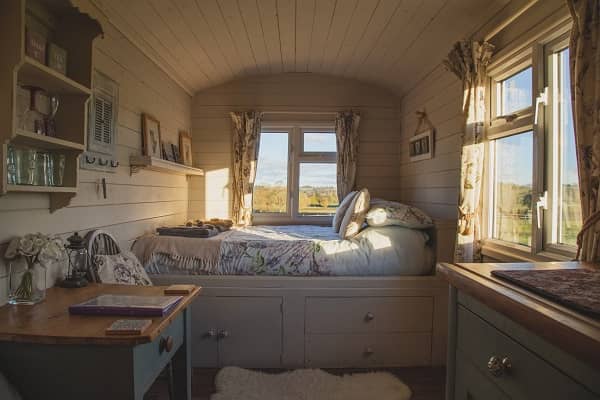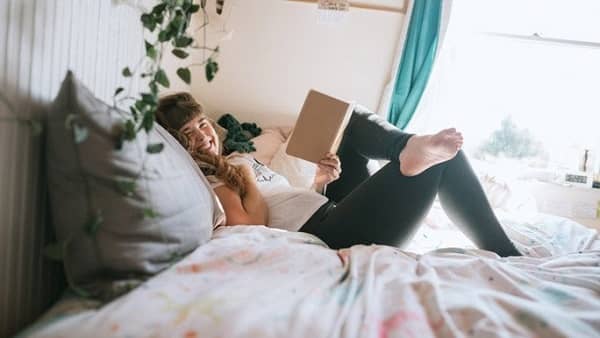Healthy and deep sleep are both important for physical and mental health, however, sleep hygiene also plays a vital role. Similarly, Sleep Hygiene 101 refers to the fundamental practices and habits that promote good sleep and deep sleep. Everyone needs a good quality of deep sleep with hygienic sleep, whether human or animal. Similarly, Sleep Hygiene 101 contains two different aspects:
-
Sleep-Conducive Environment
Sleep-conductive environments involve optimizing your bedroom for quality sleep by providing it’s dark, quiet, cool, and free from distractions with noise reduction, which includes using blackout curtains, earplugs, a comfortable mattress, and maintaining a cool temperature.
-
Consistent Sleep Schedule
We should make a Consistent Sleep Schedule, where this habit means going to bed and waking up from bed at the same time even on weekends. These habits can be effective in regulating our body’s natural sleep-wake cycle.

What are the signs of poor sleep Hygiene?
However, not all people have quality sleep, some people have difficulty time during sleep. The telling signs of poor sleep hygiene are, that you are having a hard time falling asleep, when you experiencing frequent sleep disturbances, and even when you are suffering daytime sleepiness.
Establishing Healthy Habits for Better Sleep
Creating the habit of healthy habits for better sleep involves a routine and environment that promotes sound and deep sleep. However here are some of the important points that can help you to improve your sleep hygiene for better sleep:
- Sleep Schedule: If you want sleep hygiene then you must adopt the habit of sleep schedule, try to go to sleep and wake up at the same time every day even on the weekends. Make sure that you get the full hour of sleep of 7-8 hours each night. Go to bed early in the evening and wake up early. This habit can promote your hygiene and sleep and regulate your body’s internal clock, making it easier to fall asleep and wake up naturally.

Source: hibernationlab - Exercise regularly: Getting involved in physical activity can also help you to get hygienic sleep. However, it is said that Exercise can also promote you to get sleep better. Try to make the habit of exercising for 30 minutes daily but strictly avoid exercising within an hour or two of your bedtime this can increase energy levels and your body temperature, which makes it harder to fall asleep. It is not necessary to do heavy exercise you can try doing some stretches or yoga.
- Caffeine intake: Avoid caffeine intake close to bedtime, however, it can disrupt hygiene sleep. If you have trouble sleeping at night you should say no to caffeine. However high caffeine intake can make you awake. You can take caffeine in the morning but highly avoid caffeine intake in the evening, or midafternoon.
- Day Nap: A day nap can disturb sleep patterns, however, short naps can be beneficial for some people, but try to limit them to 20-30 minutes earlier in the day. Some people nap for too long during the day time which can interfere with your ability to fall asleep at night.
- Peaceful surroundings: To get sleep hygiene, you must Surround yourself with a peaceful environment, keep your bedroom cool, dark and quiet and also use blackout curtains, earplugs, or white noise machines if necessary. It helps you to get sleep hygiene.

Source: Ken Sleep - Hydration/ Diet: However, hydration and diet also play a vital role in sleep hygiene. Drink plenty of water at least 2-3 litres of water all day but avoid excessive drink of water at night. Always avoid heavy meals, caffeine beverages and alcohol close to bedtime, however, they can interfere with sleep quality.
- Limit the screen time before bed: Turn off the electronic devices or gadgets early when you get into bed. The light we get from the Electonic devices can disrupt your sleep-wee cycle, so try to avoid screens at least an hour before bedtime or use blue light filters on your devices.
- Relaxing bedtime routine: Try to create a relaxing bedtime routine, however, it can also help you to get hygienic sleep. You must stay consistent so that your body knows it is time to sleep and makes you fall asleep more quickly. Here are some points that you can create a relaxing bedtime routine,
- Do some gentle stretching or yoga to help your muscles relax and release tension.
- Meditate to calm your body and mind.
- Focus on the deep breathing.
- Try journaling
- Avoid electronic reading devices that emit blue light
If you want to get the hygiene sleep then you can try these helpful tips which can help you to get the hygiene sleep.

FAQs
What are the signs of poor sleep Hygiene?
However, not all people have quality sleep, however, some people have difficulty time during sleep. The telling signs of poor sleep hygiene are, that you are having a hard time falling asleep, when you experiencing frequent sleep disturbances, and even when you are suffering daytime sleepiness.
How can I improve my sleep hygiene 101?
You can improve your sleep hygiene 101 by following these simple steps, Sleep Schedule, Exercise regularly, Caffeine intake, Day Nap, Peaceful surroundings, Hydration/ Diet, Limit the screen time before bed, and Relaxing bedtime routine.
Does Day Nap affect your hygiene sleep?
A day nap can disturb sleep patterns, however, short naps can be beneficial for some people but try to limit them to 20-30 minutes earlier in the day. Some people nap for too long during the day time which can interfere with your ability to fall asleep at night.
Also, you may read about The Connection Between Sleep and Skin Health
